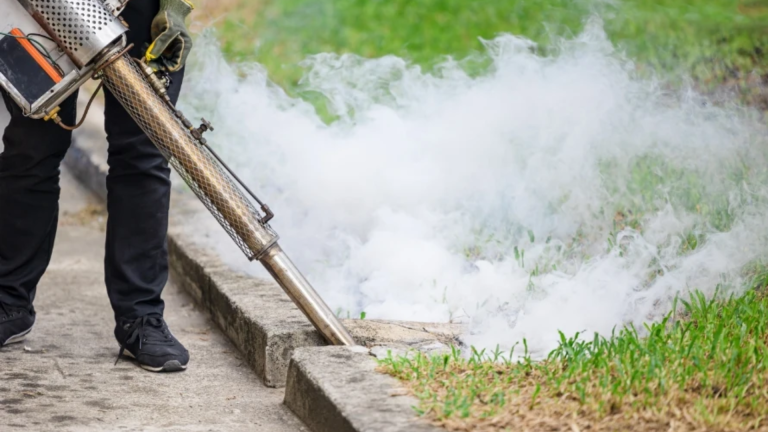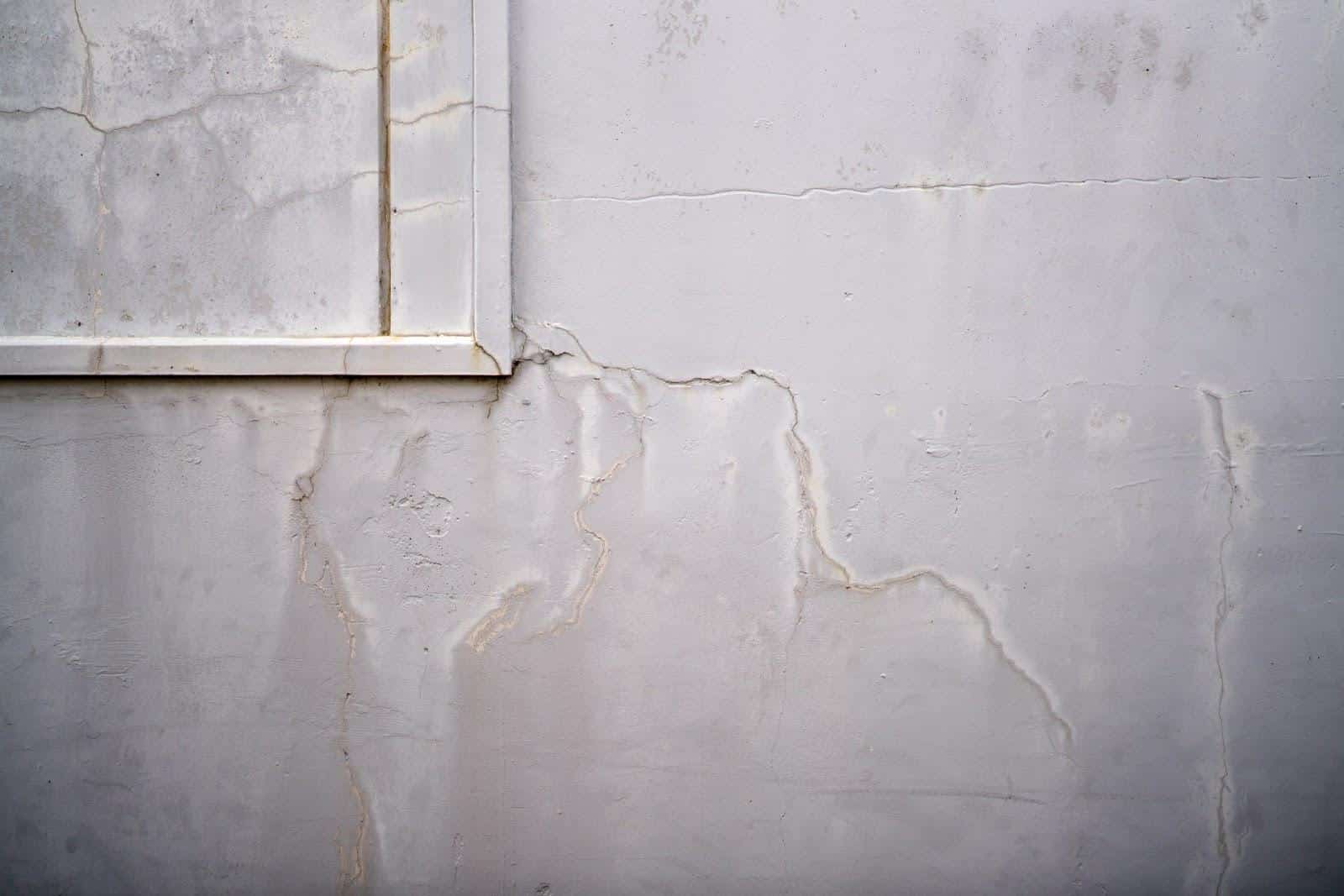Mosquitoes can turn any outdoor moment into a problem. They bite, buzz, and often carry disease. That’s why many people use mosquito fogging to reduce the number of mosquitoes in their yard or neighborhood.
Mosquito fogging utilizes a fine mist composed of insecticides. This mist kills adult mosquitoes that are flying or resting nearby. It works quickly and can help reduce mosquito numbers immediately.
But many people ask the same question: how long does mosquito fogging really last? Knowing this helps you plan your next treatment and stay safe during peak mosquito seasons.
In this blog, I’ll explain how long fogging usually lasts, what can affect the results, and how to know when it’s time to do it again. I’ll also go over some safety tips, common mistakes to avoid, and simple ways to get better results by combining fogging with other mosquito control methods.
If you want fewer bites and better results, this guide will help you get started with confidence.
How Long Does Mosquito Fogging Last?
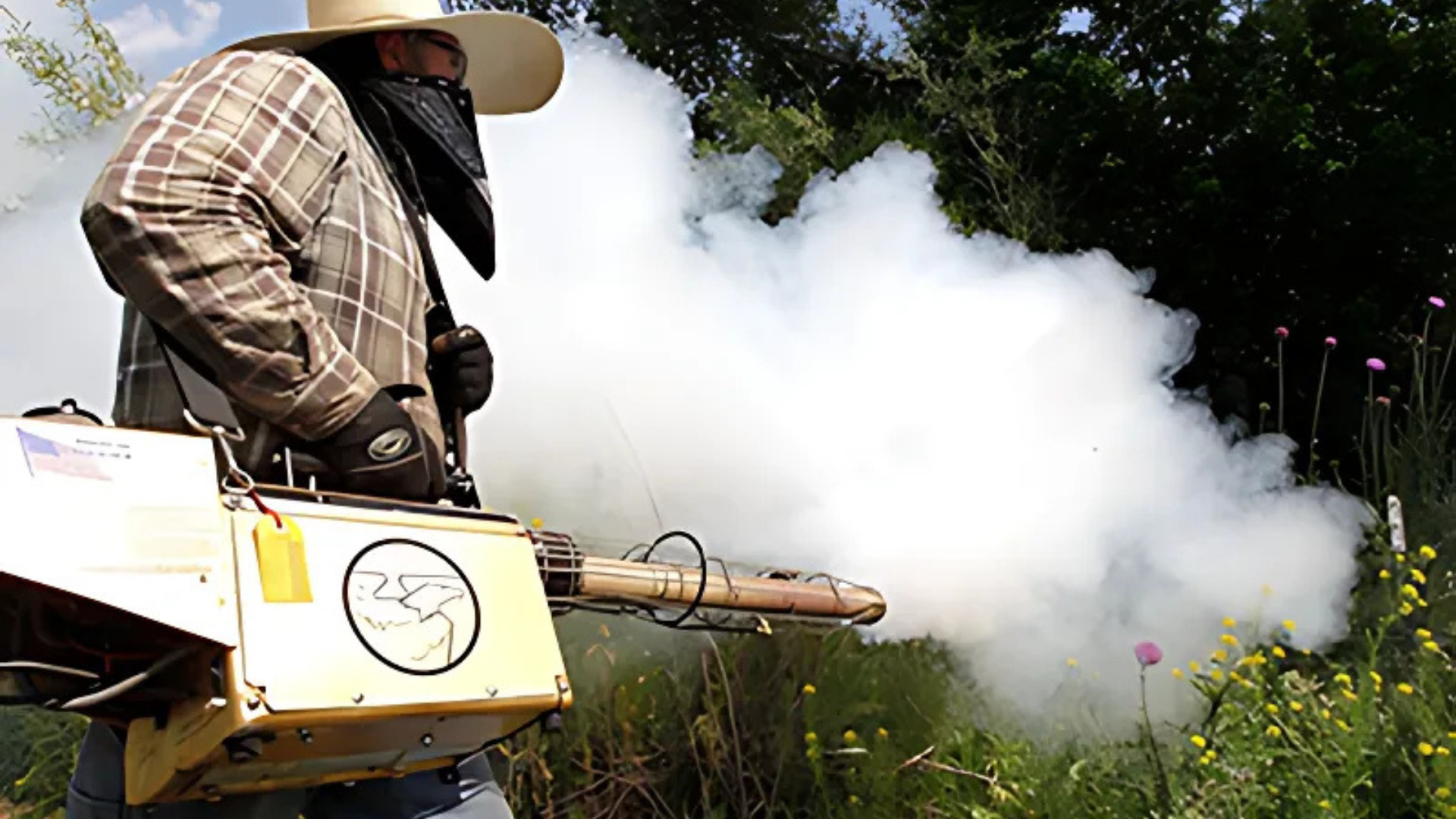
Mosquito fogging is a fast way to kill adult mosquitoes, but its effect doesn’t last forever. The length of time it works can change depending on many factors.
Most standard fogging treatments stay effective for about 3 to 2 days. During this time, mosquitoes that fly through the treated area are likely to die. This helps reduce bites and makes outdoor spaces more comfortable.
Some stronger or long-lasting products may protect an area for up to 30 days. These treatments typically adhere better to surfaces such as grass and leaves. Still, even with better products, the results tend to fade over time.
Weather plays a big role. Rain can wash the treatment away, and wind can reduce its effectiveness. New mosquitoes can also move into the area from nearby breeding spots.
Because of these reasons, it’s common to fog more than once, especially during warm months when mosquitoes are active. Repeat treatments help keep the population under control.
Factors that Affect how Long Fogging Lasts
Mosquito fogging does not give the same results in every situation. Some people see quick improvements that last days, while others find the effect fades within a short time.
The reason for this difference can be attributed to several key factors. These factors can either weaken or enhance the effectiveness of the fogging treatment.
- Weather: Fogging treatments are most effective in calm weather conditions. Rain can wash the insecticide away, while wind can blow it off course. High humidity may help the fog stay longer, but it also encourages mosquito growth.
- Type of insecticide used: Some chemicals stay active for days, while others break down faster when exposed to sunlight or moisture. The choice of product affects how long mosquitoes stay away.
- Application method: If the fogger misses key spots, especially hidden or shaded areas, mosquitoes may survive. Fast or uneven spraying may leave gaps.
- Environment: Places with thick bushes, tall grass, or standing water can attract mosquitoes more quickly. These areas offer hiding and breeding spots that fog may not fully reach.
Knowing these factors helps you plan better and adjust your approach. Each yard is unique, so results can vary depending on the surrounding area and the method of fogging. Keeping these points in mind can help you maximize the benefits of each treatment.
Does Mosquito Fogging Kill Eggs and Larvae?
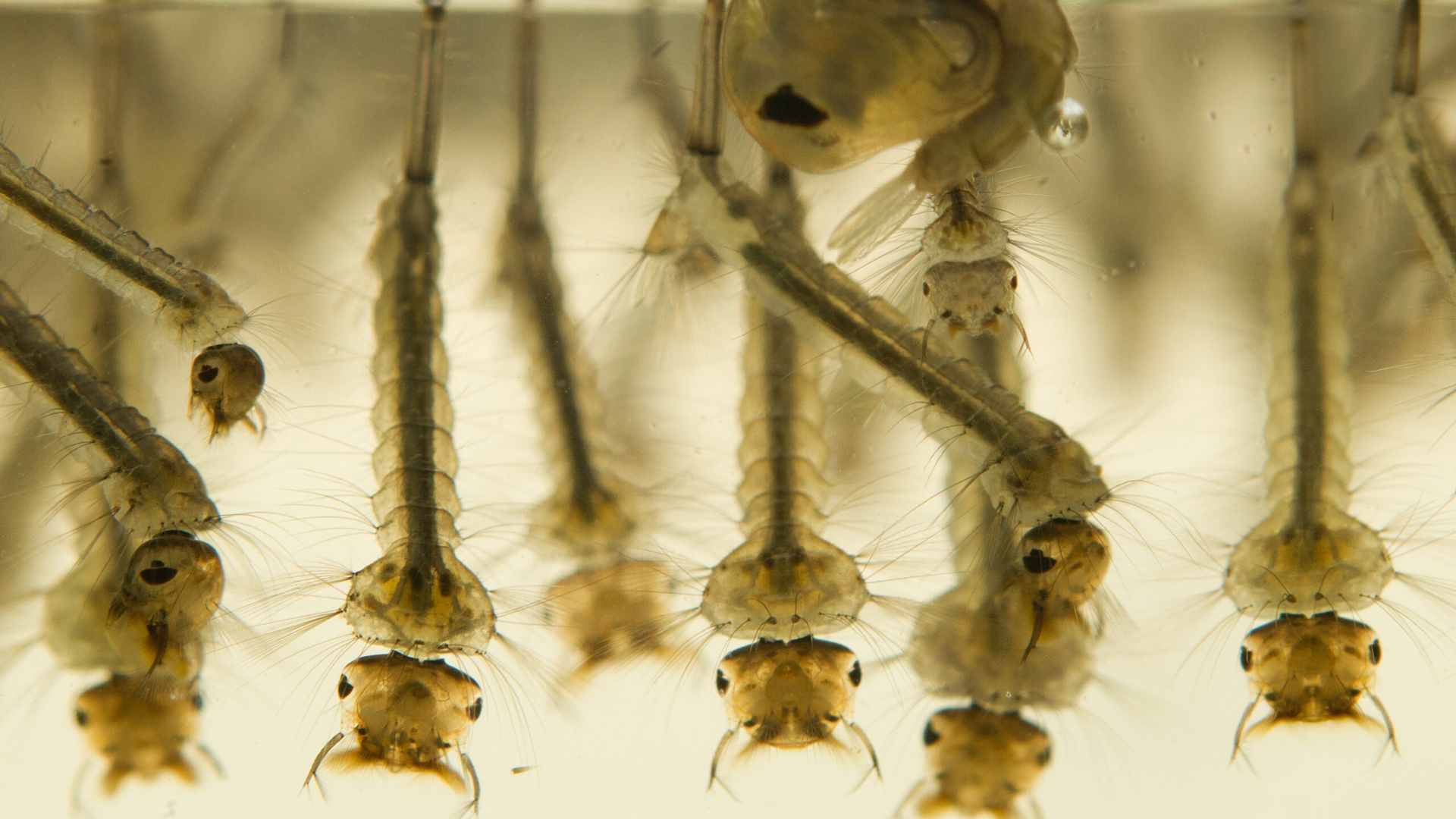
Mosquito fogging is designed to kill adult mosquitoes. These are the ones that fly and bite. The fog works by landing on them and poisoning their nervous system.
However, the fog does not reach mosquito eggs or larvae. These early stages live in water and are often hidden in places the fog can’t reach.
To stop new mosquitoes from forming, it helps to use larvicides. These are products that target mosquito eggs and larvae in water. By adding larvicides to birdbaths, ponds, and buckets, you cut off the mosquito life cycle before it begins.
Using both fogging and larvicides together gives stronger, longer-lasting results. This way, you’re handling both adult mosquitoes and the next batch waiting to hatch.
How Often Should You Fog for Mosquitoes?
One fogging treatment helps for a short time, but it’s not a one-time fix. Mosquitoes return, especially during warm and wet seasons. For better control, repeat fogging is often needed.
In the first week, when mosquito numbers are high, fogging every 2 to 3 days helps break the breeding cycle. This hits the new adults before they lay more eggs.
Once the numbers decrease, you can fog once a week or every other week. This helps maintain low mosquito activity without overusing the treatment.
Also, be aware of changes in the weather. After heavy rain, mosquitoes often return quickly. Adjust your schedule according to mosquito activity and the conditions around your home.
Best Times and Tips for Effective Fogging
The timing of mosquito fogging has a significant impact on its effectiveness. Choosing the right time of day and paying attention to the weather can help the fog reach more mosquitoes and last longer. With the right approach, you can increase the benefits of each treatment.
- Ideal times: Mosquitoes are most active during early morning and evening hours. Fogging during these times increases the chances of hitting them directly.
- Avoid fogging during bad weather: If it’s raining or windy, the fog won’t settle properly. Wind can carry the mist away, and rain washes it off plants and surfaces.
- Check the wind direction and speed: A gentle breeze can help the fog move through the yard. Strong winds, however, will scatter it too far and reduce its effect.
- Watch the temperature: Cooler times, especially in the early morning, help the fog stay low and close to the ground. This gives it more time to work.
By selecting the optimal conditions for fogging, you enable the product to perform its intended function. A few minutes of checking the weather and planning ahead can mean the difference between short-term and longer-lasting results.
Signs It’s Time to Fog Again
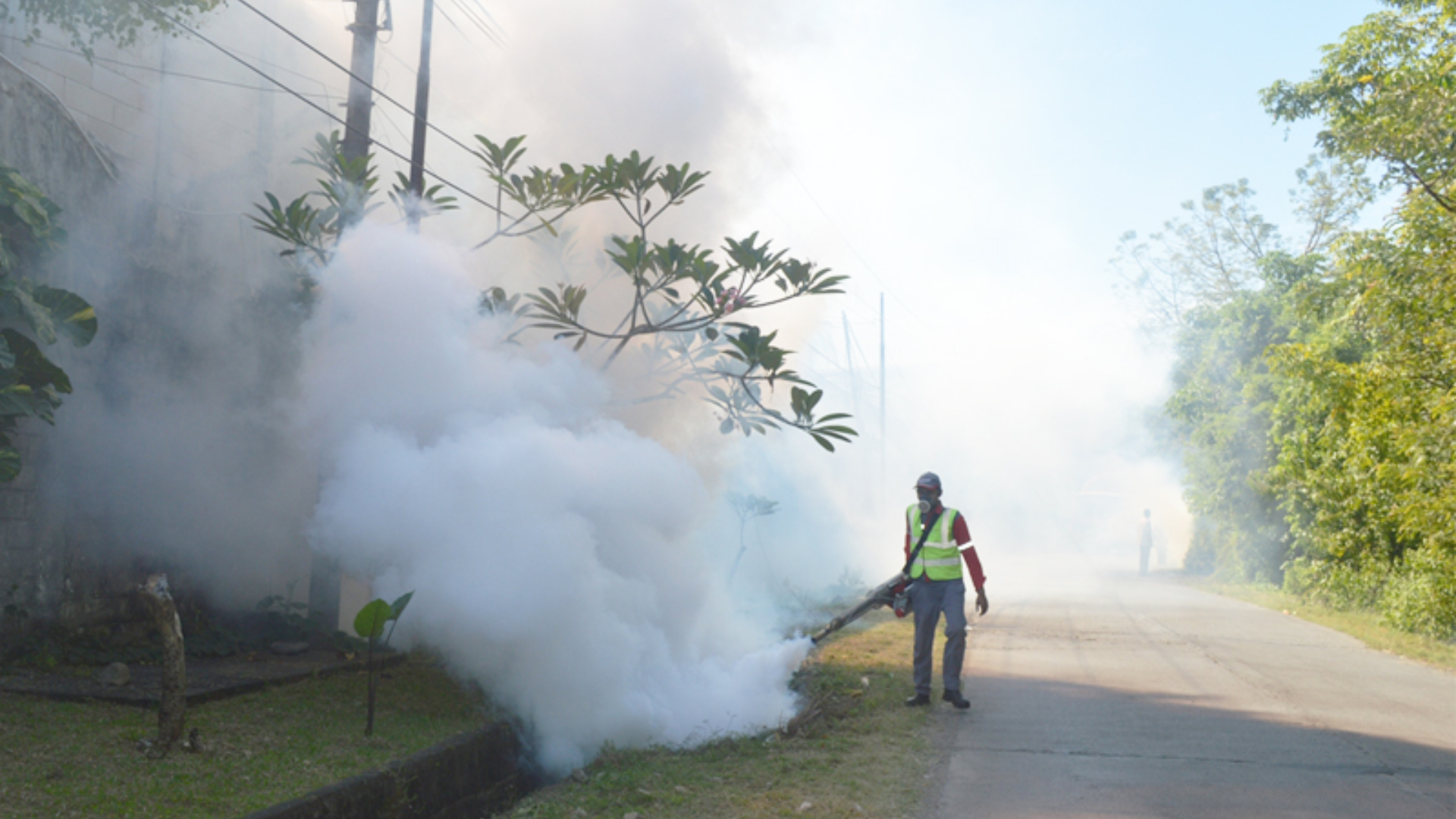
Mosquito fogging is not permanent, so it’s helpful to know when the effect is wearing off. If you wait too long to fog again, mosquito populations can rebound quickly. Paying attention to small changes can help you stay ahead and avoid another full infestation.
- Increase in bites: If you or your family start getting more bites again, it typically means the fogging treatment is no longer effective.
- Return of buzzing: Hearing that familiar high-pitched buzz, especially around dusk or dawn, is a strong sign that mosquitoes are back.
- Visible signs of breeding: If you spot eggs or larvae in birdbaths, buckets, or puddles, it means new mosquitoes are forming. This often calls for another round of fogging.
These signs don’t always show up at once. But noticing just one of them can be enough to plan your next step. Regular checks can help you respond to the mosquito problem before it worsens.
Is Mosquito Fogging Safe for People, Pets, and Plants?
Fogging is safe when used properly, but it’s essential to follow some simple steps to protect your family, pets, and garden.
Always stay indoors during and shortly after fogging. The mist is not meant to be inhaled. Wait at least 30 to 60 minutes before going back outside.
Cover or move food bowls, toys, and water dishes for pets. Also, protect sensitive plants by moving them or rinsing them with water after fogging.
Read the product label carefully. Each brand may have slightly different directions. Following these rules helps keep everyone safe and enables the treatment to work more effectively.
Fogging vs Other Mosquito Control Methods
Mosquito fogging is just one of several ways to control mosquitoes. Each method has its own strengths and limits. Choosing the right one depends on how bad the mosquito problem is and how often it returns.
| Method | Strengths | Limits |
|---|---|---|
| Fogging | Kills adult mosquitoes fast | Short-lasting; needs repeat use |
| Sprays | Stays longer on surfaces | Slower to act; may miss flying mosquitoes |
| Traps & Zappers | Works well for small mosquito problems | Less effective in high mosquito areas |
| Larvicides | Stops mosquitoes before they grow wings | Must be placed in standing water |
Each method is most effective in different situations. Using a mix of treatments often gives better results. For example, fogging kills adults, while larvicides prevent new ones from forming. Combining them keeps mosquito numbers lower for longer.
Conclusion
Mosquito fogging helps reduce adult mosquitoes quickly. In most cases, the effect lasts for a few days to about two weeks. Some treatments may last longer, but factors such as weather, location, and product type can affect the results.
If you want steady control, fogging more than once may be necessary, especially after rain, heat waves, or a rise in mosquito activity. Keeping track of these changes helps you decide when to treat again.
Fogging is most effective when combined with other simple steps. Remove standing water, trim thick vegetation, and apply larvicides as needed. These small actions help break the mosquito life cycle.
Safety is also important. Keep people and pets away during fogging, and wait before going outside again. Use the correct equipment and follow the product instructions carefully.
By understanding how long fogging lasts and how to support it, you can develop a more effective plan. A mix of timing, care, and awareness goes a long way toward enjoying a mosquito-free space.
Frequently Asked Questions
Can Mosquitoes Breed Indoors?
Yes, mosquitoes can breed inside if they find standing water. Common indoor spots include plant saucers, drains, and open containers. Emptying water often can prevent this.
How Long Do Mosquitoes Live?
Most mosquitoes live for 2 to 4 weeks, but this depends on the species and the weather. Warm, wet conditions usually help them live longer.
Do Mosquitoes Prefer Certain People?
Yes, mosquitoes are drawn to body heat, sweat, and the carbon dioxide we breathe out. Some people naturally attract them more than others.
Can Mosquitoes Spread Illness In My Backyard?
Yes, in some areas, mosquitoes can carry illnesses like West Nile virus or dengue. Reducing their numbers around your home lowers this risk.
Are Natural Mosquito Repellents Effective?
Some natural oils, like citronella or eucalyptus, can help for a short time. However, they may not work as well as other methods during high activity.


